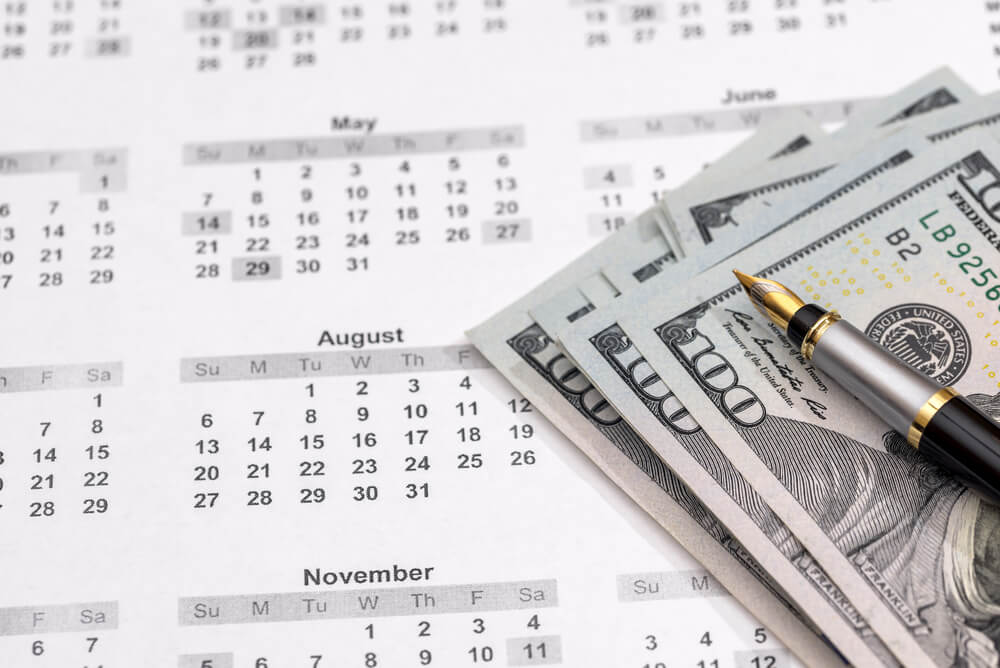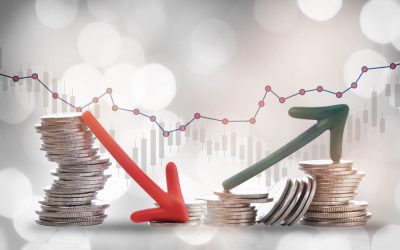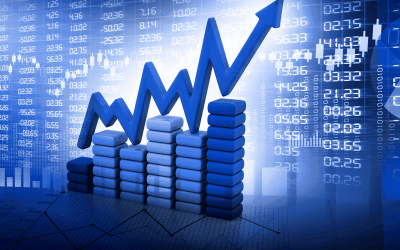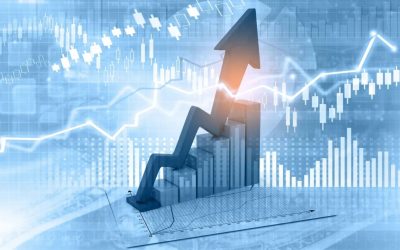
The economic calendar is a key tool for traders. It provides information about upcoming economic events and data that impact the markets. In this article, we will explore why the economic calendar is important and provide specific examples of how it helps traders make informed decisions.
Article content
Key Components of the Economic Calendar
The economic calendar includes various components, which encompass:
- Economic Indicators: These are statistical data about the state of the economy. Some of the most important economic indicators include GDP (Gross Domestic Product), unemployment rate, Consumer Price Index (CPI), and others.
- Company Financial Reports: For example, quarterly reports on profit and loss. These reports can influence the stock prices of companies and market indices.
- Political Events: Such as elections, legislative changes, and international agreements, which can have a significant impact on the economy and financial markets.
- Central Bank Decisions: Central banks make important interest rate decisions and implement other measures that can affect financial markets. Dates and outcomes of central bank meetings may also be included in the economic calendar.

How to Use the Economic Calendar
Market Forecasting
As we have already mentioned, the economic calendar provides information about upcoming events. Traders can use it to forecast market movements.
Example: Prior to the release of the US employment report, traders closely monitor the economic calendar. If the data exceeds expectations, it can lead to an increase in the US dollar. In case of disappointment, the dollar may decline.
Planning Strategies and Risk Management
Traders can utilize the economic calendar to plan their trading strategies and manage risks. By knowing when to expect key events, they can decide to close positions before important data releases or, conversely, stay in the market if they believe they can benefit from the event.
Example: A Forex trader sees a date for the central bank’s decision on interest rates listed on the economic calendar. They decide to close their positions shortly before this date to avoid volatility associated with this event.
Reacting to Unexpected Events
The economic calendar allows traders to stay informed not only about scheduled events but also unexpected news that can impact the market. Events like natural disasters, political crises, or important announcements can lead to sudden market changes.
Example: During the COVID-19 pandemic, the economic calendar was filled with significant news about healthcare conditions and government economic measures to address the crisis. Traders who kept an eye on these events could adapt their strategies and make quick decisions.
Education and Analysis
The economic calendar is also a valuable tool for education and analysis. Traders study the impact of various economic events on the market, analyze past market reactions, and learn to forecast future price movements.
Example: A trader interested in the oil market can use the economic calendar to track the publication of data on oil reserves. By analyzing past data and market reactions, they can improve their forecasting skills.
The economic calendar is a powerful tool that helps traders make informed decisions in financial markets. It provides essential information, enables strategic planning, risk management, and keeps traders updated on current events. Traders who skillfully use the economic calendar can increase their chances of success and reduce risks.
Recommended reading:






